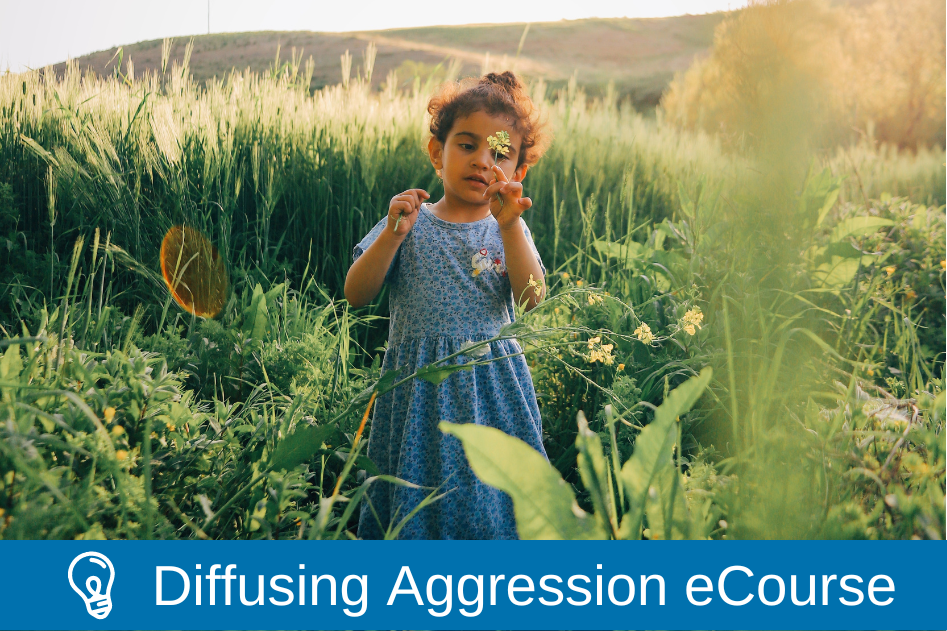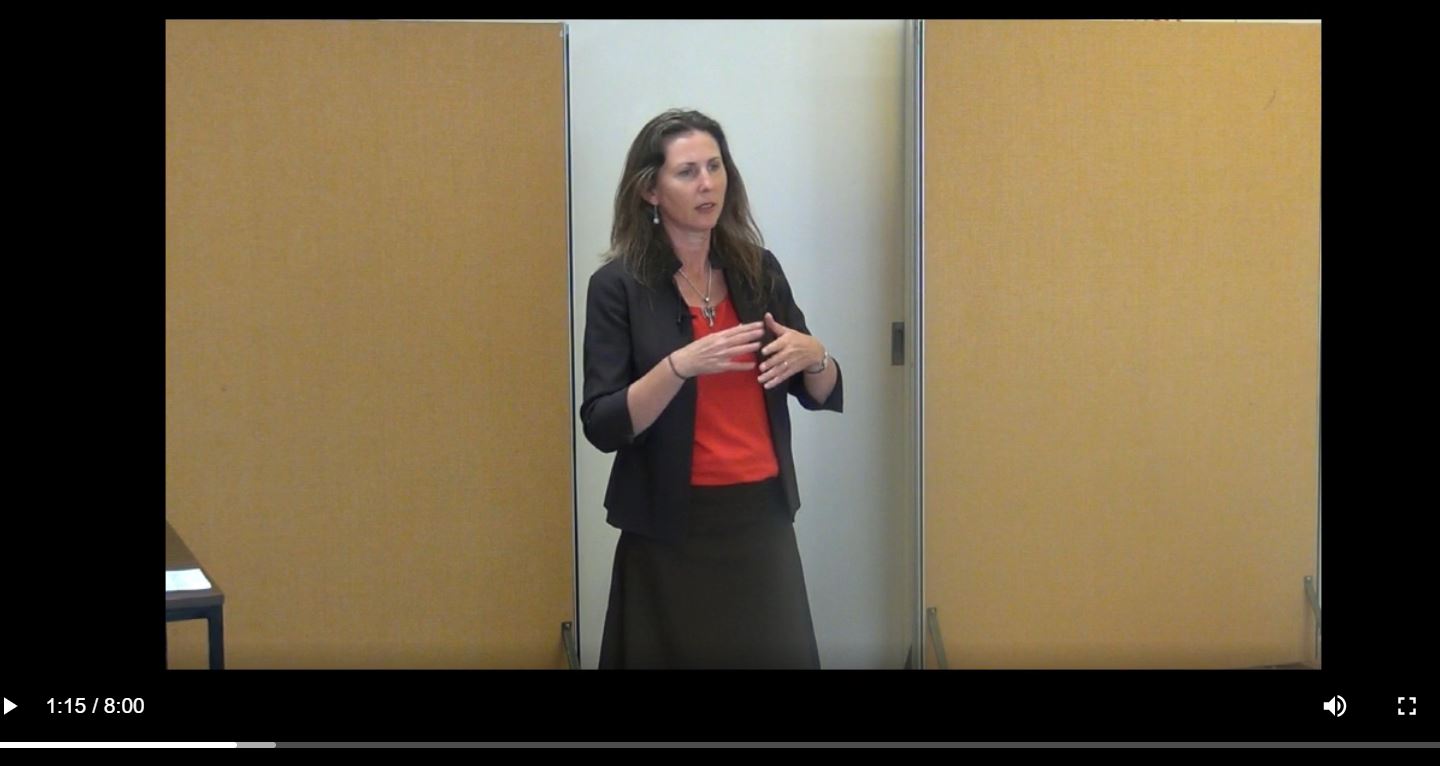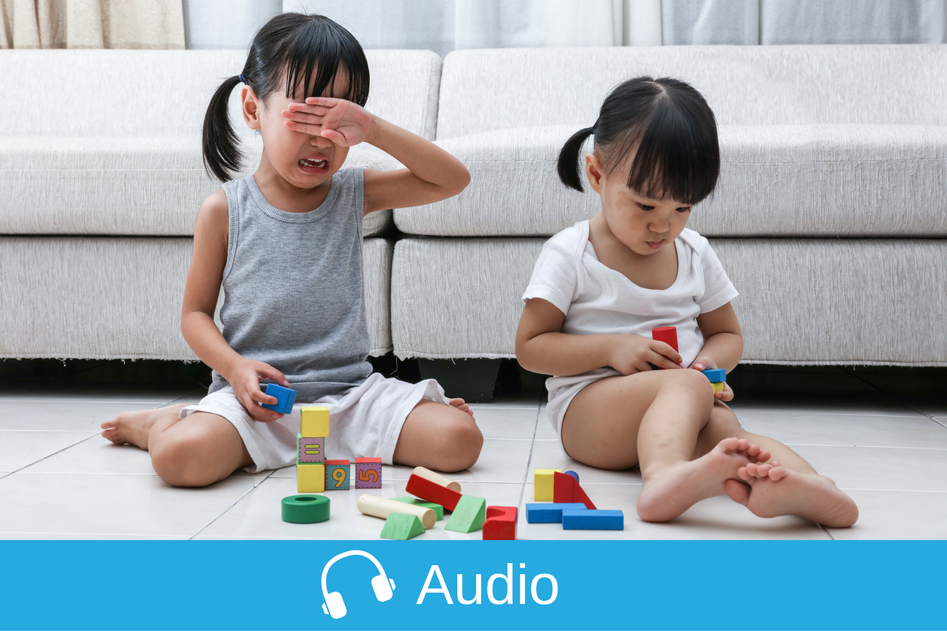The Empathy Effect by Genevieve Simperingham
First published in The Natural Parent Magazine
Unlocking the power of empathy in parenting is akin to discovering a hidden treasure chest on a lifelong journey. In our quest to reduce defiance and foster cooperation in our children, the key lies in our ability to respond to their emotional storms with genuine, heartfelt empathy. Parenting stretches us beyond all limits, with moments of stress and exhaustion that can disable our capacity for compassion.
It can feel impossible to soften our hearts and express genuine compassion when we’re feeling stressed or unsupported. Most parents need help learning to respond effectively to their child’s more profound and vulnerable emotions. But the good news is that empathising is a skill that can be cultivated and honed over time!
In this article, we’ll take a deep dive into The Empathy Effect: the transformation of defiance into cooperation through the power of heartfelt understanding. Many parents find that their empathy doesn’t hit the spot or doesn’t work. Hopefully, this article will demystify the topic and empower you! Mastering empathy can transform not only your relationship with your child but also your understanding of empathy. I’ll offer perspective shifts, guidelines on what does and doesn’t work well and some practical tips that have stood the test of time!
Why is empathy the antidote to defiance?
Much of what adults view as defiance, misbehaviour, resistance, laziness, or selfishness stems from the child needing relief from pent-up frustrations and upsets. Yes there are endless potential contributing factors to the child’s refusal to cooperate. Yet whatever the cause, genuine, heartfelt empathy is powerful because it brings the child so much relief. Empathy is not only the antidote to defiance, it’s the antidote to mental and emotional suffering in general. When our child feels truly seen, heard, and understood, they feel good about themselves and good about their parent. It’s only when the child feels truly heard and understood that they have the capacity to be cooperative, kind, or reasonable.
Many parents sadly go through life rarely feeling deeply seen, heard and understood. We live in an empathy-deprived society. But we can all contribute to breaking these cycles for our children.
When my children were young: A lesson in empathy
One day I was five minutes late picking up my 7-year-old daughter from her dance class. Sitting at a roadworks stop sign, feeling trapped and beyond stressed, knowing she really hated it when I wasn’t waiting for her. Like most days for most parents, I was swamped, and my own capacity was pretty low. Her capacity, at the end of a long school day, was equally low.
Instead of jumping in the car, she stood in the carpark, pouring out her upsets as complaints, including some accusations that weren’t quite true or logical. I wanted her to know about the roadworks, that I hadn’t forgotten about her, and that I cared about her feelings. I wanted to remind her that I’m usually waiting for her.
But trying to explain it all only resulted in more upset until she shouted, “I just want to get my feelings out!” Oh wow, that really stopped me in my tracks and brought me back to what she actually needed! I shifted into truly listening and holding space for her to express herself. Only then did I make myself emotionally available to her. My tone softened, my heart opened, and I spoke in a way that conveyed my care. It was only when she felt my genuine, heartfelt empathy that she began to relax and come out of her distress. Once she felt that warm connection with me, she could actually hear what had happened and we made a plan for what might help in the future.
So often, when my children were young, I would get frustrated and overwhelmed by their upsets. I would hear their criticism but not their vulnerability. Despite knowing better intellectually, I would regularly forget that what was needed was my calm connection and empathy. Empathy is often the missing ingredient, but developing those neural pathways is a slow and clunky process. If only it were as easy as “when we know better, we do better.”
Marshall Rosenberg, author of Nonviolent Communication, defined empathy as “a respectful understanding of what others are experiencing. Instead of offering advice and explaining our own position, empathy calls upon us to empty our minds and listen to others with our whole being.”
Responding with empathy is easier said than done.
The art of softening our hearts and responding to our grumpy child with genuine compassion is truly challenging. You’ll likely find it particularly difficult to be genuinely empathetic if you didn’t often (or ever!) receive the empathy you needed as a child.
Many parents feel conflicted that giving their child lots of empathy for their upsets may encourage them to become overly needy. Sometimes it can even seem like this is true because the child now feels safe enough to show their true feelings. But you can be confident that your compassion is supporting your child’s emotional resilience. Resilience is about the ability to come back to balance when something difficult happens. There’s no evading life’s challenges. Empathy fosters resilience because the child internalises their parent’s loving compassion, resulting in better self-care, self-esteem and self-love. Developing impulse control happens over the first few years, but overall children whose feelings are empathised with are more likely to seek the emotional support they need.
Swiss-American Psychologist and author Aletha Solter explains that; “If you’re concerned about your children’s future in a tough world, the best preparation you can give them is psychological health, which can only occur when they are treated with love, trust and respect. Children who feel self-confident, proud and powerful stand a far better chance of thriving, and even of changing our oppressive society.”
Acknowledging your successes:
Make sure you acknowledge yourself for the moments when you successfully respond to your child with the sweetness they love! It’s crucial to remember that when your child is grumpy or upset, it doesn’t mean you’re not a good parent! No matter how committed you are as parents, children still have their daily ups and downs. Misattunement is normal and unavoidable. It’s all too easy for parents to be overly critical of themselves.
Parents need empathy and compassion as well! Pause right now to reflect on recent instances when you met your child’s emotional needs. Recall that warm smile, the words of validation, that sympathetic look, your gentle touch. Enjoy revisiting the precious time you dedicated to listening, even amidst the chaos of a busy day!
Some guidelines for empathising with children
Many parents want to empathise with their children but struggle with the uncertainty of saying or doing the right thing. Empathy is essential, but understanding the do’s and don’ts can make this complex dynamic much more manageable. Remember this simple guideline: Don’t dictate, don’t demand, do enquire.
Empathising with your child is a vital skill; hopefully, these simple guidelines will help you navigate it more effectively. Every child and every situation is unique, and only you can learn what works best for your child. But you could try noticing how your child responds to different ways you talk to them about their emotions.
Don’t dictate: It’s natural to want to understand your child’s emotions, but telling them how they feel can sometimes backfire. You might notice your child appears angry, and you say, “I can see you’re angry about…” only to have them correct you, saying they’re frustrated. This reaction can occurs when they feel like you’re dictating their emotions.
Don’t demand: Asking your child what’s wrong or why they’re upset is well-intentioned, but it can come across as demanding. It’s difficult even for adults to self-enquire and figure out their feelings. Phrases like “what’s wrong?” or “why are you so upset?” may make your child feel pressured to explain themselves, adding to their frustration.
Do enquire: What works best is approaching their feelings with gentle curiosity and attempting to understand. When you enquire about their emotions while trying to guess or relate, it conveys your genuine interest, care, and empathy. Instead of demanding answers, try something like, “are you feeling really sad or maybe frustrated about…” or “could it be that you’re frustrated because…” This approach invites them to share their emotions at their own pace without feeling pressured. When expressed in this way, they will likely feel more confident to correct you and tell you what they’re really feeling; “I’m not sad, I’m angry that my brother always…”
Your patient enquiry into their feelings gives them support and permission to self-enquire on a feeling level. Sensing your openness, your child will disagree if they need to. This process helps children develop their feelings vocabulary, making it easier for them to express their feelings and needs in healthy ways.
Many parents I’ve worked with notice that when they refrain from dictating or demanding and instead enquire with empathy, their child tends to open up and share their feelings with more confidence. Emotional conversations infused with heartfelt compassion creates a supportive environment that encourages open communication and emotional connection with your child. Empathy is all about understanding their feelings, not imposing your perceptions onto them.
Children generally cope better when their parent can cope better with their upsets. When feelings are listened to, accepted, and understood, they become much less painful, allowing the child to feel normal and okay about themselves again.
What doesn’t tend to help
Dismissing their feelings: It’s good to become more conscious of the times when you dismiss or downplay their child’s emotions. Phrases like “it’s not a big deal” or “you’re overreacting” or even “just don’t worry about it” can invalidate their feelings and make them reluctant to share their true feelings in the future.
Offering immediate solutions: While there’s definitely a time and place to offer your solutions, jumping straight into problem-solving mode can sometimes hinder the empathetic connection. Avoid rushing to offer solutions before your child has had the chance to express their feelings fully.
Minimising or comparing: Comparing your child’s situation to someone else’s or suggesting that others have it worse can unintentionally minimise their emotions. We need to be especially careful to avoid comparing one sibling with the other. Each child’s experience is unique, and what matters most is how they feel in the moment.
What does work when empathising with children:
Active listening: The cornerstone of empathy is active listening. Give your child your full attention, make eye contact, soften your tone and nod or provide verbal cues to show that you’re engaged and working to understand their feelings.
Validate their emotions: Let your child know that their emotions are valid and that it’s okay to feel the way they do. You can say things like, “I can see that you’re really upset right now, and that’s okay” or “of course you’re upset, this is really hard” or “I would also find it hard if…”
Reflect their feelings: Reflecting their feelings helps your child feel heard and understood. You can reflect back, “I get it, you’re really sad and disappointed that the playdate isn’t happening now”. Such reflections can encourage them to open up further.
Avoid judgement and criticism: Resist the urge to judge or criticise your child’s feelings with phrases like “don’t be annoyed at me after all I’ve done for you” or “don’t be shy, these are our friends”. Remember that everyone experiences things differently, and their feelings are real to them. Try to hear their emotional hurts and needs beneath their complaints.
Ask open-ended questions: Encourage your child to express themselves by asking open-ended questions like, “do you want to tell me more about what happened” This invites them to share their thoughts and feelings at their own pace.
Affectionate touch: Affectionate touch, like a comforting hug or holding their hand, can convey connection, empathy, and reassurance in a way that affirms your empathic words. When your child is receptive to it, affection really supports emotional moments.
In summary, empathising with your child is a powerful tool for fostering cooperation and emotional well-being. Empathy leads to a stronger parent-child bond and better emotional resilience. The more genuine loving empathy you give your child, the quicker they can bounce back to feeling calm, settled, and more secure. Children listen better and cooperate more when they feel heard.
Hopefully, some of these guidelines will support you to feel better equipped to navigate your child’s upsets and strengthen your empathetic bond. Be patient with your child and with yourself. You’ll both have your ups and downs and emotional storms, that’s just being human. But the fact that you’re educating yourself with information such as this assures a gradual path towards greater cooperation and harmony in the family.
Genevieve Simperingham is a Psychosynthesis Counsellor, a Parenting Instructor and coach, public speaker, human rights advocate, writer and the founder of The Peaceful Parent Institute. Check out her articles, Peaceful Parenting eCourses, forums and one-year Peaceful Parenting Instructor Training through this website or join over 90,000 followers on her Facebook page The Way of the Peaceful Parent.







